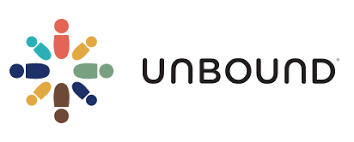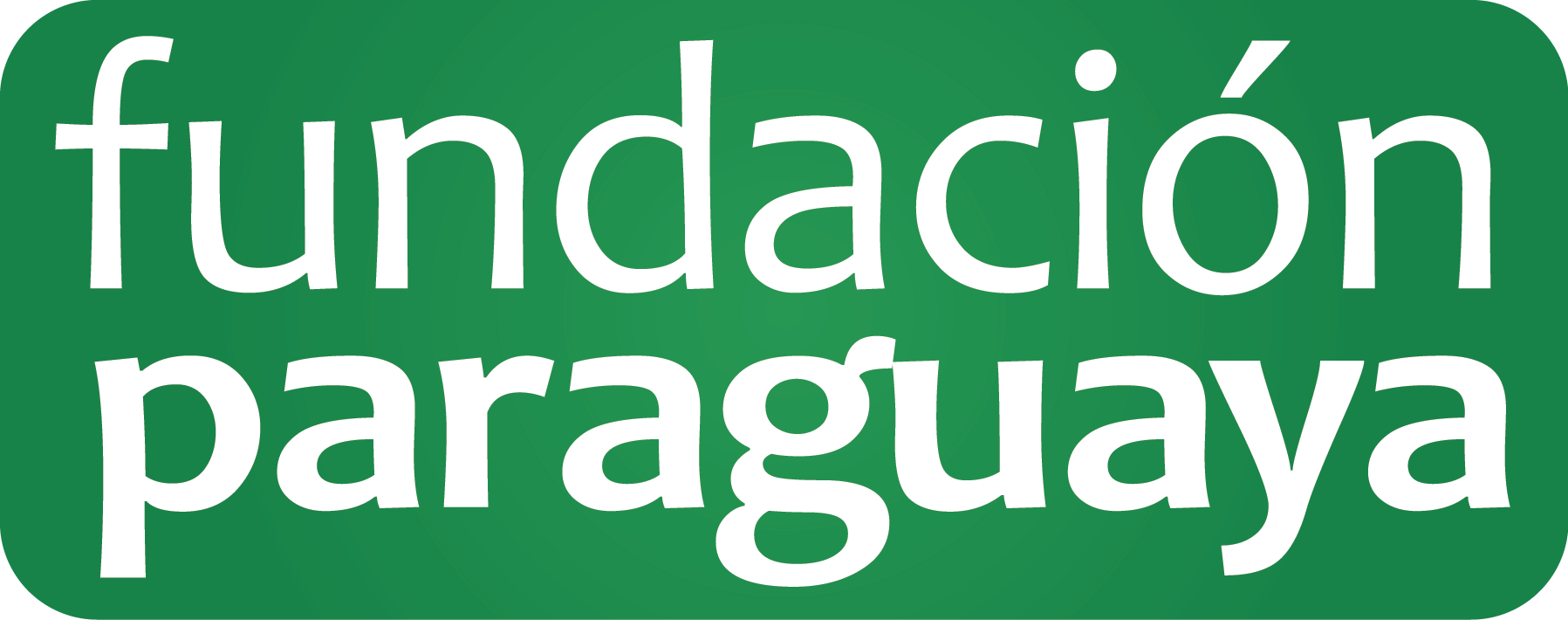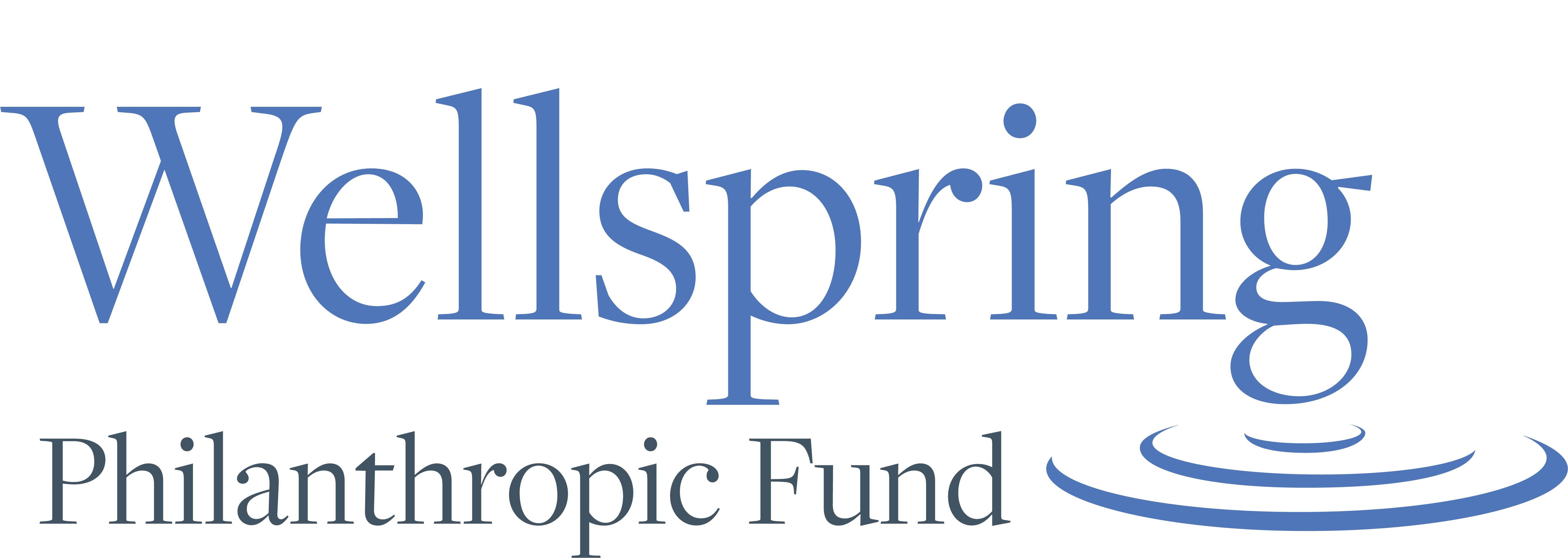The Challenge
Multidimensional poverty affects 1.1 billion people globally,1 with common deprivations in housing, sanitation, clean cooking, nutrition, and education. In Honduras, nearly 20 percent of the population lives in multidimensional poverty—one of the highest rates in the region.2 While integrated approaches that address multiple barriers are essential, research increasingly points to the importance of psychological factors, including how households perceive and respond to their poverty.3
To support families in overcoming these challenges, Unbound—a child sponsorship NGO—provides cash transfers alongside home visits and group activities aimed at supporting families’ self-defined goals and strengthening agency. The program also uses the Poverty Stoplight tool, a digital survey that helps families self-assess their situation across 50 indicators of deprivation. By making these dimensions visible and prompting reflection, the tool helps families identify priorities and set goals for improvement—sometimes complemented by mentoring, but also designed to be used independently. In contexts where families are aware of their constraints yet lack clear pathways for action, can tools like the Poverty Stoplight strengthen agency and accelerate progress out of poverty?
The Evaluation
In collaboration with IPA, Unbound, and Fundacion Paraguaya, researchers are conducting a randomized evaluation to measure the impact of the Poverty Stoplight tool in helping families overcome multidimensional poverty. Specifically, they will measure critical agency (households’ ability to recognize and reshape the perpetuation of poverty), collective agency (the shared capacity to act toward a common goal), individual indicators of multidimensional poverty, and different life aspirations.
The intervention involves 343 groups of families (2,680 families overall) sponsored by Unbound’s program. These groups were divided into the following arms:
- Comparison Group: Families receive the standard Unbound program, which includes a cash transfer; a light-touch, goal-setting discussion facilitated by a social worker during annual home visits; and unstructured group meetings with other program participants.
- Poverty Stoplight: Families receive the standard Unbound program plus the Poverty Stoplight self-assessment. This tool uses 50 indicators across six dimensions of poverty to help families reflect on their living conditions, identify critical challenges, and set their own goals for improvement. Unlike other formats, there is no structured mentoring component; families rely on the self-assessment results to independently guide their planning and decision-making
- Poverty Stoplight + At-home Visits: In addition to the standard Unbound program, families receive the Poverty Stoplight intervention individually. This includes a self-assessment of their multidimensional poverty levels based on the 50 different indicators, conducted at home with a social worker present. The social worker helps families set goals and plan strategies for the prioritized indicators during quarterly visits over one year. Families also receive biweekly communications from social workers.
- Poverty Stoplight + Group Sessions: In addition to the standard Unbound program, families receive the group-based Poverty Stoplight intervention. The assessment and mentorship activities take place in groups of 7-15 individuals. Sessions focus on interpreting the survey results and collaborative goal setting done every quarter. Families also receive biweekly communications from social workers.
Results
Results will be available in 2027.
Sources
1. UNDP (United Nations Development Program). 2024. 2024 Global Multidimensional Poverty Index (MPI): Poverty amid conflict. New York.
2. World Bank Poverty and Equity Platform, “Country Profile - Honduras,” World Bank Group, accessed August 6, 2025, https://pip.worldbank.org/country-profiles/HND
3. Bossuroy, Thomas, Markus Goldstein, Bassirou Karimou, Dean Karlan, Harounan Kazianga, William Parienté, Patrick Premand et al. "Tackling psychosocial and capital constraints to alleviate poverty." Nature 605, no. 7909 (2022): 291-297.
Implementing Partners


Funding Partner













